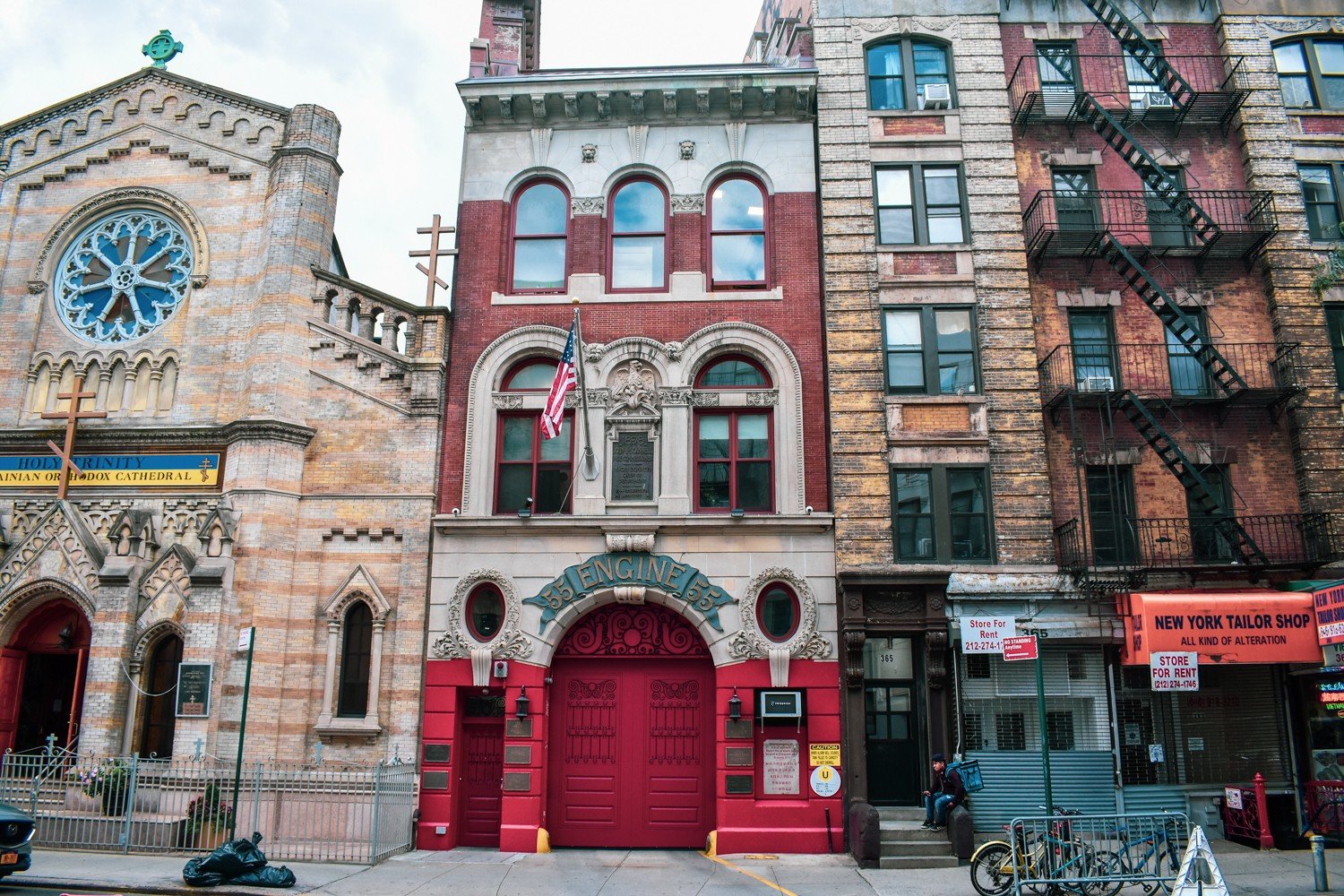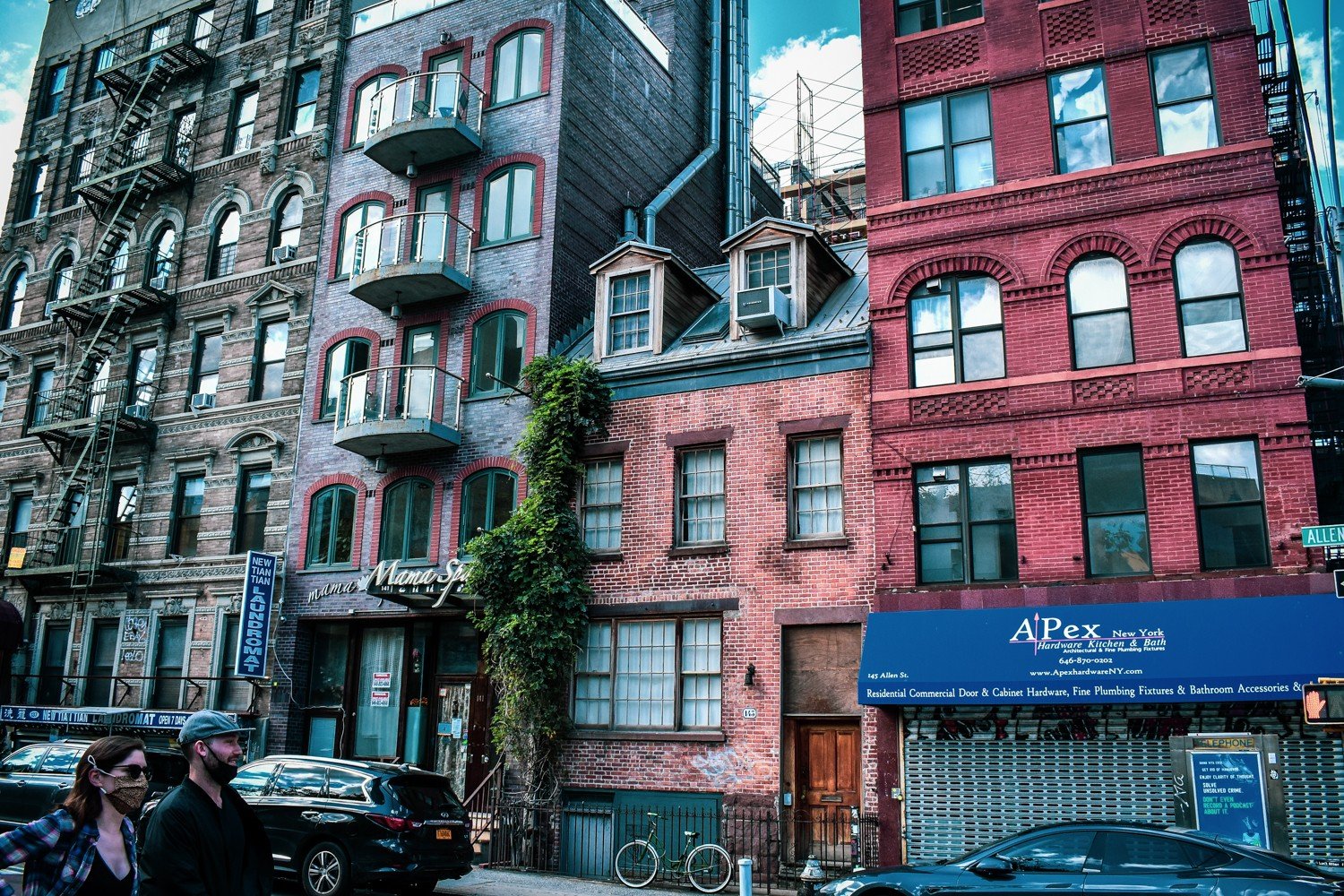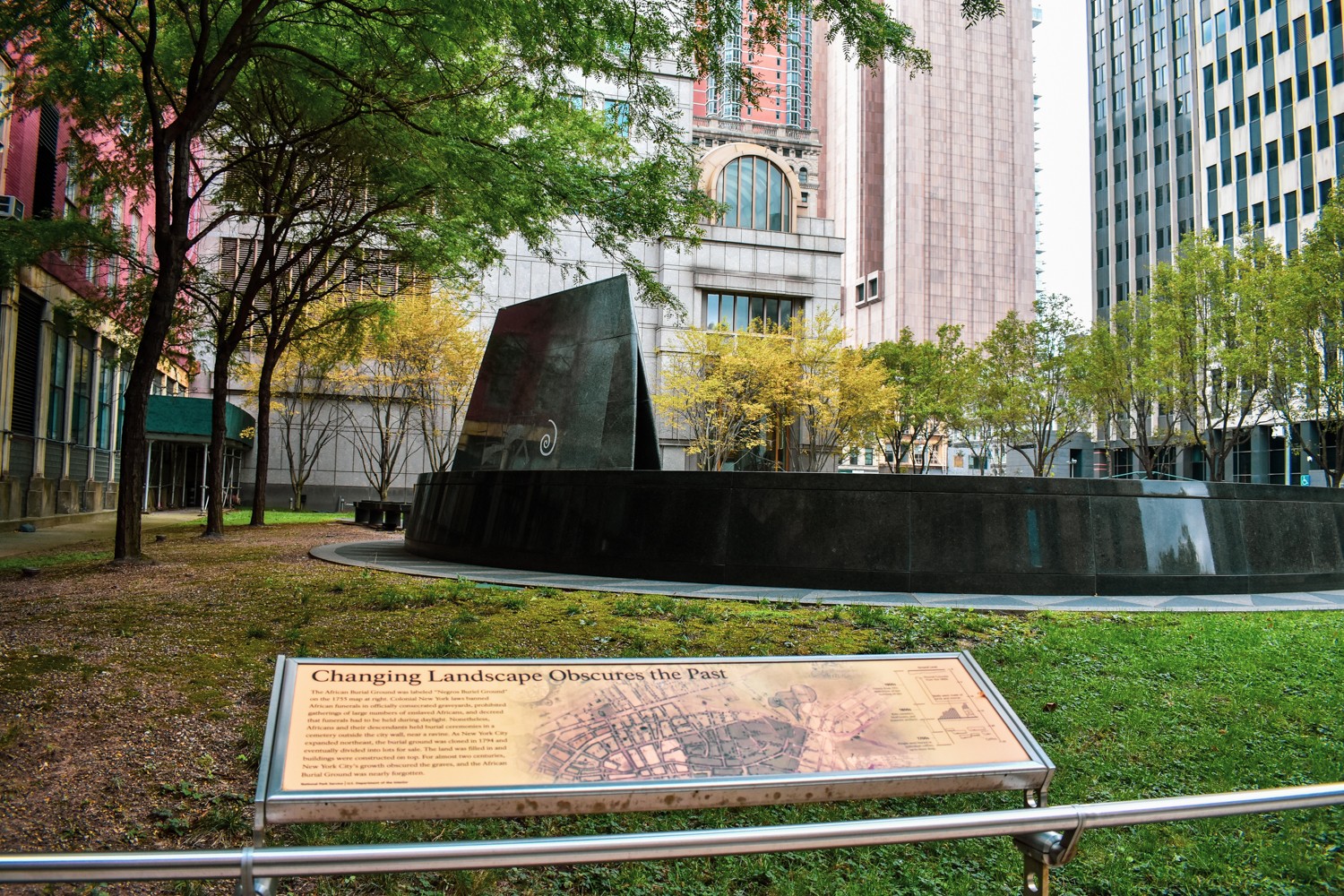Who is honored in the history of our public institutions?
On September 16th, 1927, Wesley Williams became the first Black FDNY firefighter to be promoted to the rank of lieutenant. His appointment serves as a monumental achievement in Black civil service in New York City, and a story of perseverance in the face of interpersonal and structural racism.
Williams entered FDNY service at Engine Company 55 on Broome Street in 1919, when he desegrated the Company and became the third Black firefighter in the FDNY. Born in Harlem in 1897, Williams was the grandson of a self-emancipated migrant from Virginia, and the son of the Chief of the Red Caps at Grand Central Station, and his entrance to Engine 55 began with a childhood goal to work in civil service. In 1915, Wesley Williams started his career as a member of the U.S. Postal Service, yet he quickly found himself unfulfilled and seeking greater accomplishments.
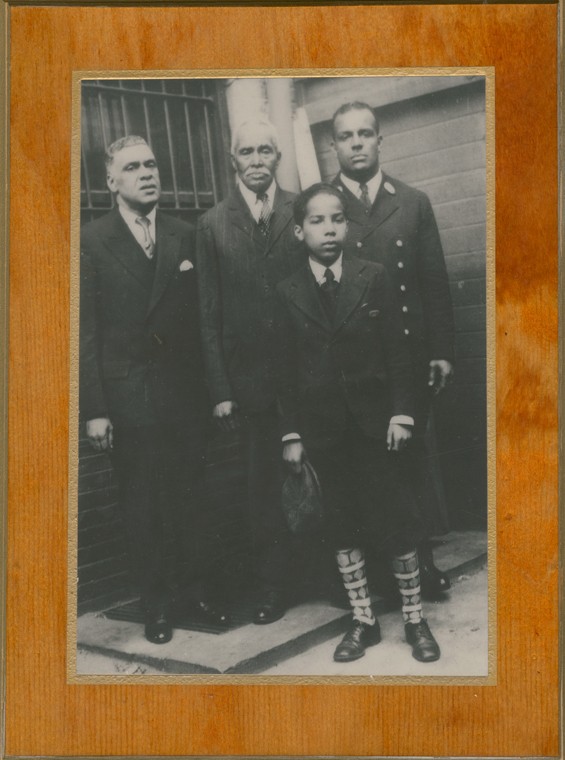
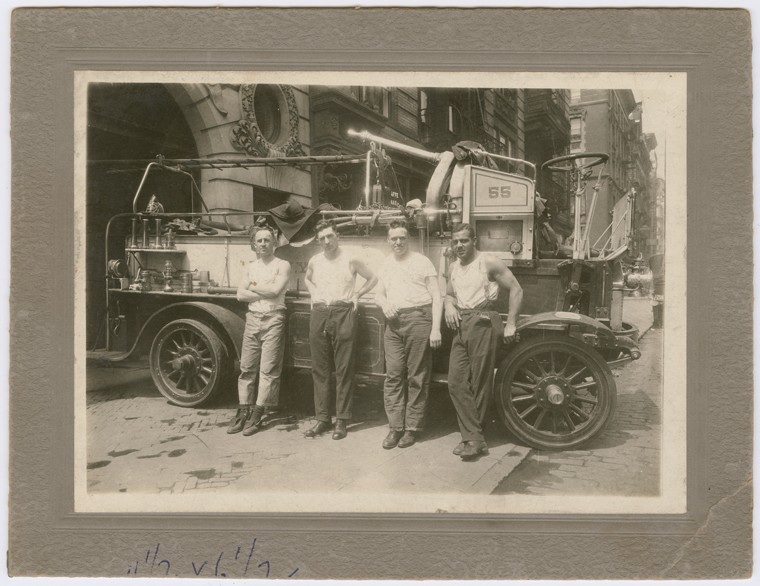
Williams requested a transfer to Harlem within a year of arriving at Engine 55. Denied by FDNY leadership, he committed himself to rising in the ranks of the Company. Studying for the FDNY promotional exam, he also recruited the Black press to report on his efforts, bringing pressure and the public eye to the FDNY and their decisions. Successfully appointed lieutenant in 1927, Williams serves in this role at Engine 55 until 1952, when he retired due to an injury.
Williams’ legacy lives on in the Vulcan Society, an organization for Black firefighters and EMTs. Williams helped found the organization, and former Society President Regina Wilson reflected on the national importance of Williams’ legacy: “Through the advocacy of the Vulcan Society…other civil service organizations came together to fight for equality of African American civil service workers across the country.”
In Harlem, Williams’ birthplace, he is recognized by a YMCA branch name, a section of 135th Street, and at the Schomberg Center for Research in Black Culture. At Engine Company 55, there are, as of yet, no markers to his formative legacy at the Company and the FDNY.
